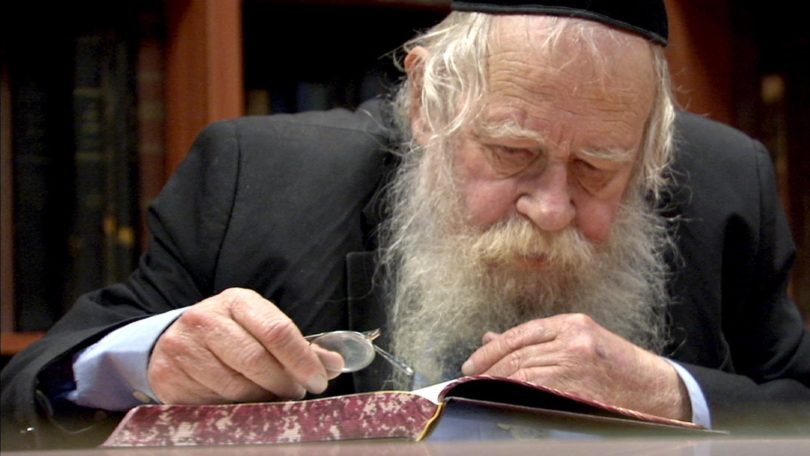The sages discussed the problem of free will and differed widely in the conclusions they reached.
Rabbi Akiva expressed some of the subtle complexity of these answers in his famous saying: “Everything is foreseen, yet free will is granted.”
Rabbi Akiva then continues: “All the good of the world has been decided, and it is all according to man’s deeds,” which makes the original interpretation not at all clear.
Naturally, this was one of the hotly debated issues of the day.
It has already been said that “Everything is foreseen” does not necessarily mean “foreseen in advance,” and this saying is less a theological paradox than a simple statement of fact.
Everything is foreseen in the sense that God knows and sees the deeds of each individual; at the same time, that individual is permitted to choose for himself the path he will take in life.
Yet it is clear that the problem of predestination versus free will, even if it is not clearly manifest in this saying, has not been solved and continues in other discussions of the same issue.
–Rabbi Adin Steinsaltz

